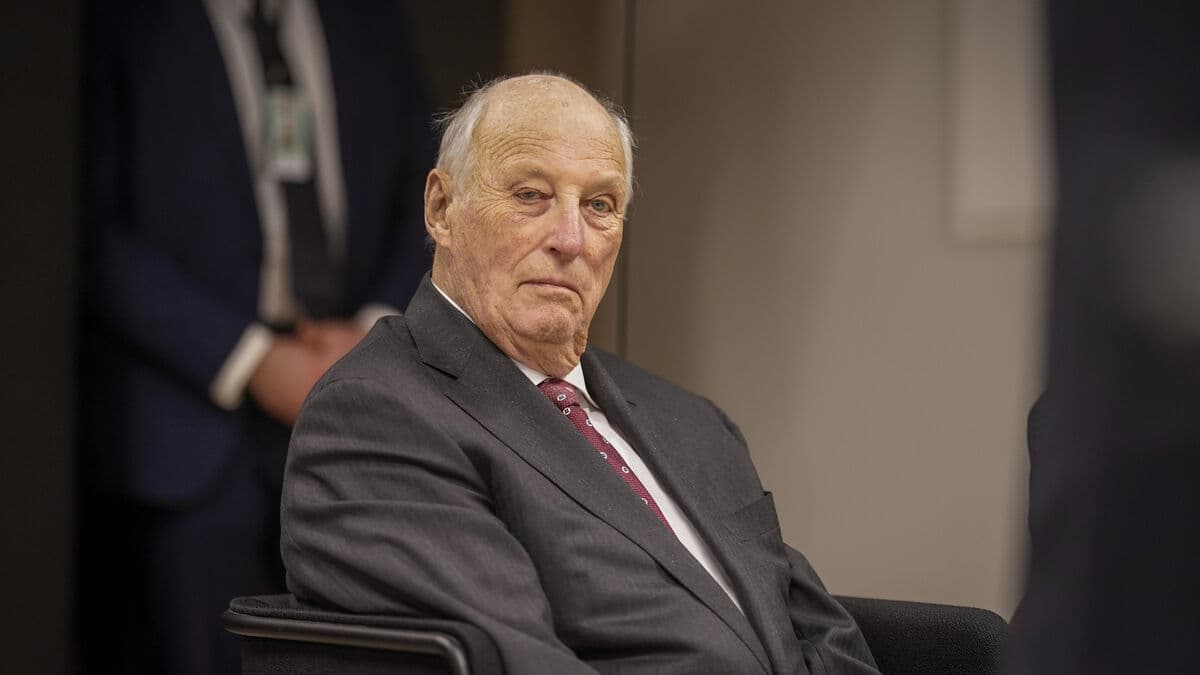Some differences from the strategy of 2018 are that the new one has a final date to be able to update it based on new knowledge and research. Goals have also been listed for efforts within healthcare and social services.
It is a good tool to be able to follow up on the development and ensure that actual improvements are made, says Social Insurance Minister Anna Tenje (M) at a press conference.
The Government will also assign the Agency for Healthcare and Social Services Analysis to investigate whether experiences and knowledge from cancer care can strengthen dementia care.
There may be lessons to be learned from how cancer care is organized, how new knowledge is spread and applied, and how patient and relative participation is promoted, says Malin Danielsson (L), senior political spokesperson.
The new strategy is broader than the previous one – which focused on social services – and includes healthcare, dental care, and social services, according to the Government. Collaboration between municipalities and regions will increase to create more equal diagnostics and care. Relatives' right to support will also be strengthened.
For too long, dementia care has been focused on nursing. With the developed strategy, we are now setting clear goals in development areas concerning preventive measures, diagnostics, and needs-based healthcare, says Social Minister Jakob Forssmed (KD).
In total, the grants and assignments the Government is allocating in connection with the strategy will cost 125 million kronor in 2025.
Anna Hansson/TT
Anna Lena Wallström/TT
A Developed National Dementia Strategy
TTTT
The strategy is based on two points:
1. Dementia is not a normal part of aging. Even young people are affected, and new knowledge must be taken into account in healthcare and social services.
2. One should be able to live a dignified and meaningful life as a dementia patient. Access to support and care is important.
The strategy has four goals for healthcare and social services:
1. Social services and healthcare efforts should be adapted to the individual's conditions and needs.
2. Efforts should be coordinated, promote health, and prevent ill-health.
3. Personnel in social services and healthcare should work according to evidence and proven experience.
4. Relatives should be able to receive adequate support and knowledge to be able to provide voluntary relative care in a sustainable way.
Source: "Every Day Counts: National Dementia Strategy 2025-2028"






